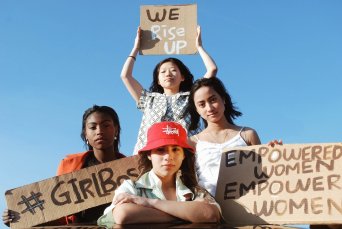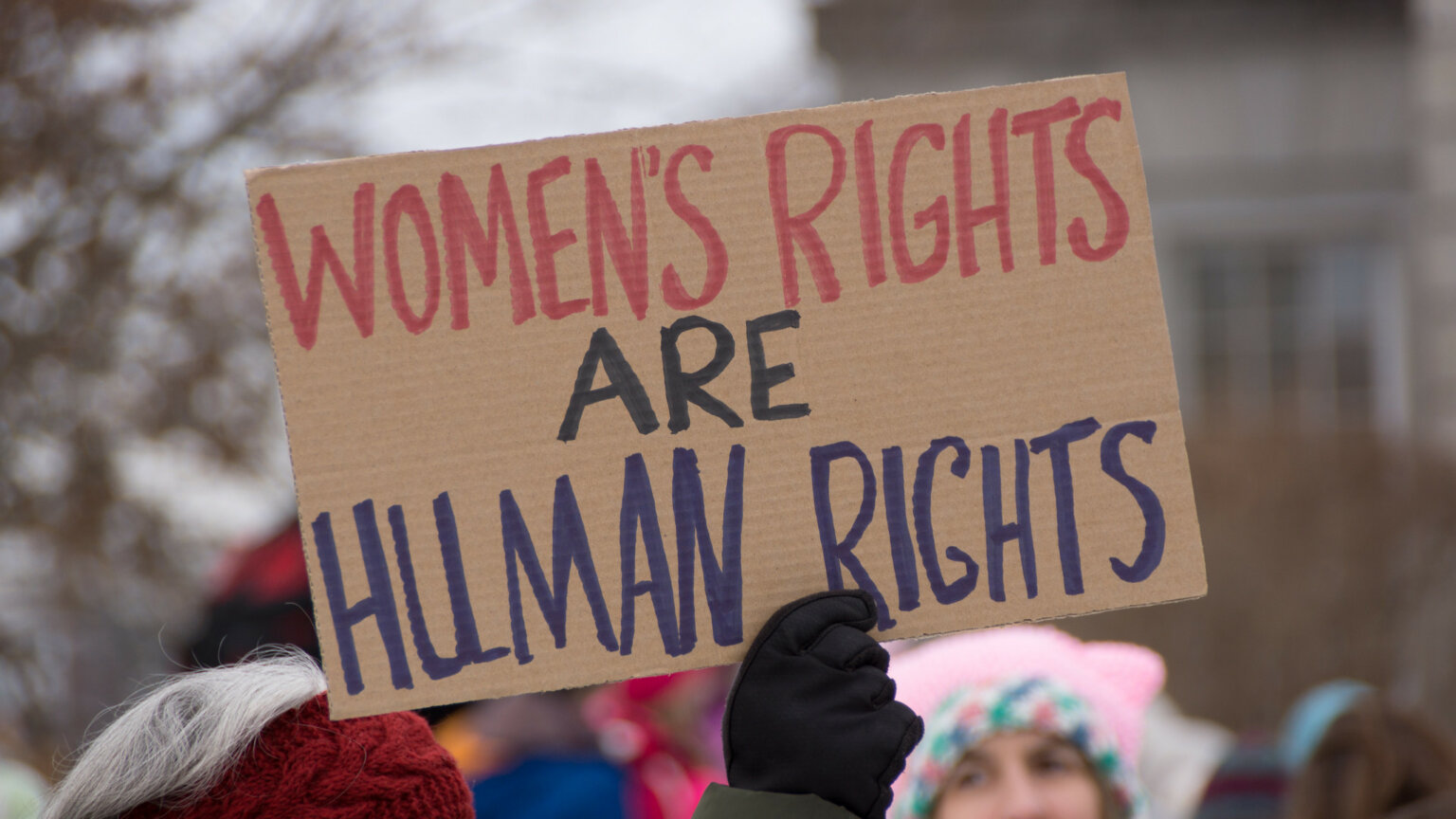- About
- Topics
- Story
- In-Depth
- Picks
- Opinion
- News
- Donate
- Signup for our newsletterOur Editors' Best Picks.Send
Read, Debate: Engage.
| topic: | Women's rights |
|---|---|
| located: | Argentina |
| editor: | Ellen Nemitz |
This year, a 17 year-old girl from Peru, Analy Giuliana, was chosen as the editor of a special edition of the magazine Somos, a subsidiary of the newspaper El Comercio. The chemistry student, who has been an activist for girls’ access to education and to information about sexual and reproductive rights, described the experience as an opportunity to "be able to express an opinion, and finally be heard, [to] generate a change."
Similarly to Giuliana and to her slightly younger activist fellows, Vivian Andrea and Astrid Lizeth, millions of girls throughout the region struggle to forge a better reality for this generation and future ones - a reality that includes education, work equality, health and climate justice. In 2022, the world celebrates the tenth anniversary of the International Day of the Girl, marked on 11 October - "a time when we finally have representation," in the words of Giuliana. Under the slogan "Our time is now - our rights, our future," the United Nations calls attention to the fact that "investments in girls’ rights remain limited and girls continue to confront a myriad of challenges to fulfilling their potential.''
In Latin American, the week is organised around an agenda of online talks, street marches and other special activities alluding to the date. The general objective is to raise awareness to the risks girls are exposed to, such as early pregnancies, sexual violence, lack of proper education and child labour (especially in care work), and also to highlight their potential to change the world.
According to the UN agency for women’s rights in Latin America, we have globally advanced in providing gender equality for girls in the first decade of their life, but failed to do the same for teenagers who "do not have the same educational and work opportunities as boys and many even see their future truncated by an unwanted marriage or early pregnancy."
Even though the work done by politicians and NGOs is an important part of activism, young girls want and deserve to speak for themselves. Empowering them to do so in public spaces of decision-making is one of the goals of the global movement Niñas al Poder (Equal Power Now), an initiative launched by the NGO Plan International, which has several subsidiaries in Latin America.
While girls are usually silenced in politics, 93 percent of them believe that it is important to take part in political decisions, a survey from Plan International shows. Despite the institution’s warnings on gender norms, gender abuse and harassment "to which women politicians and activists are subjected," actual inspirations come from Latin America: from the youngest deputy in the region (Ofelia Fernández, who has legislated for the city of Buenos Aires, in Argentina, since she was 19 years-old) to one of the founders of Jóvenes por el Clima (Youth for Climate) in Argentina, Nicki Becker, or the recently elected deputy in Brazil, Ana Julia Ribeiro, who fought for students’ rights since the age of 16 and will now occupy a seat in a state Deputies’ Chamber at the age of 22.
"Sometimes the authorities believe that as young people we cannot participate in politics, but the truth is that we do have that capacity," the activist Astrid Lizeth claims.
Photo by Natalie Hua

